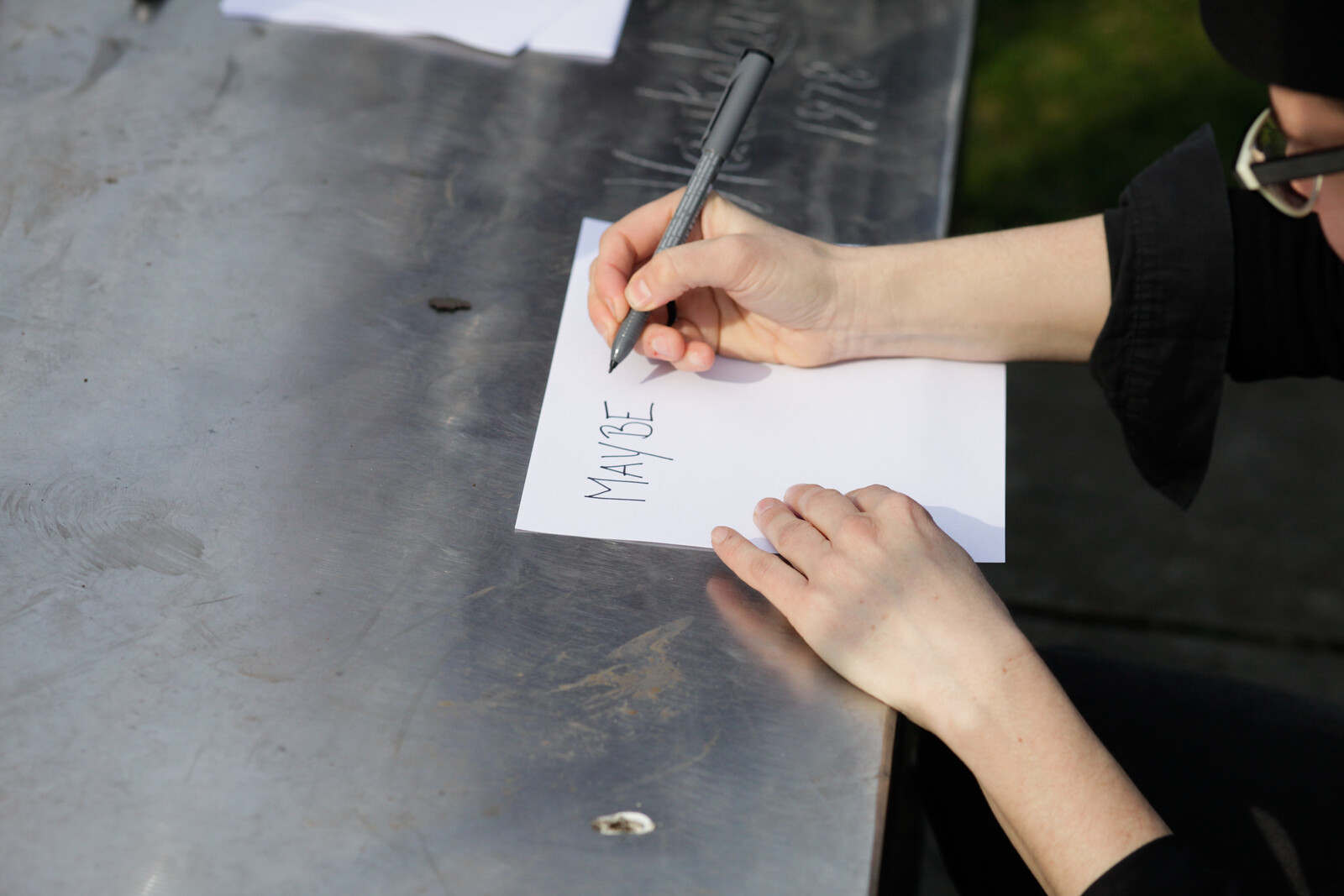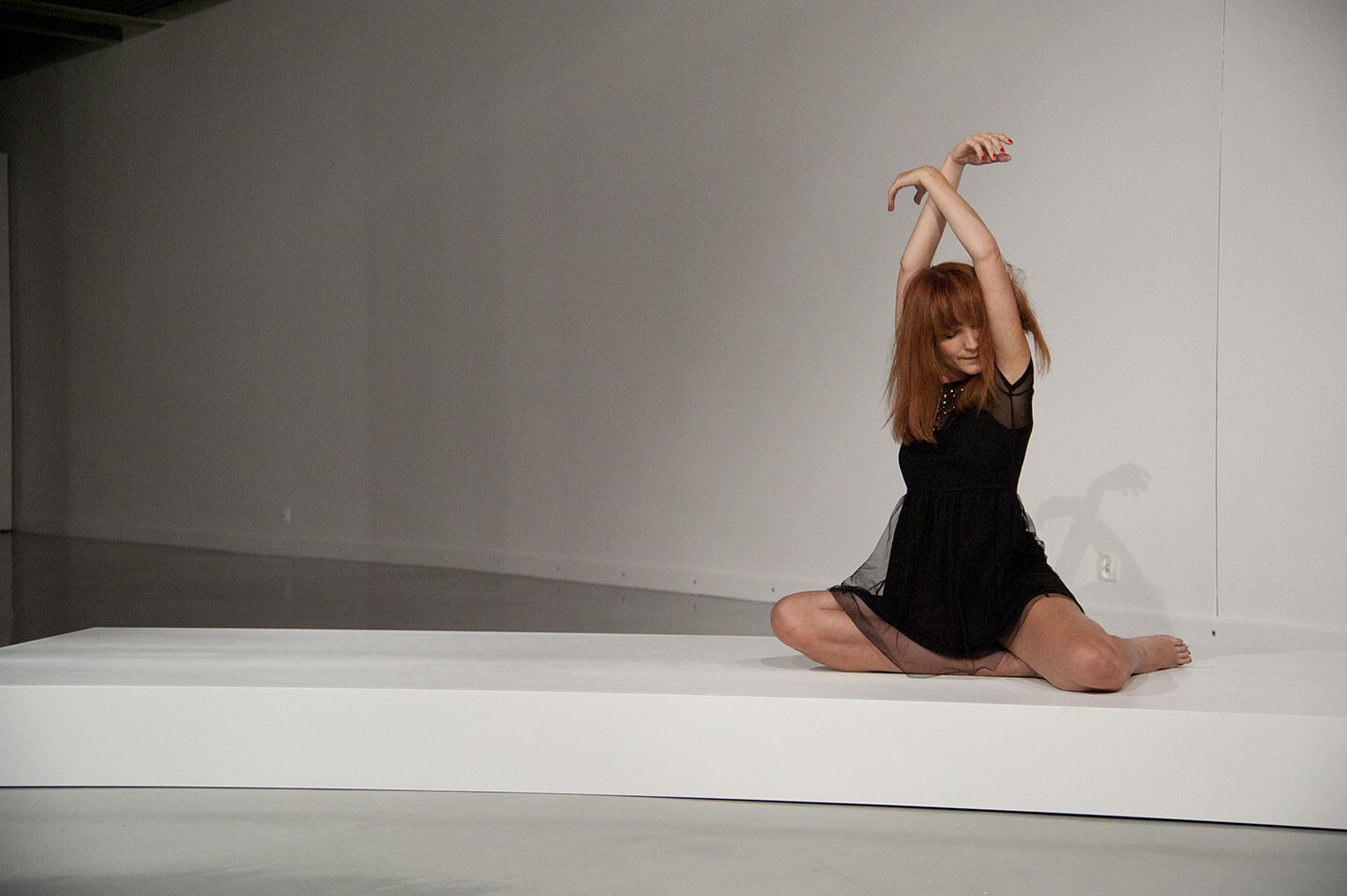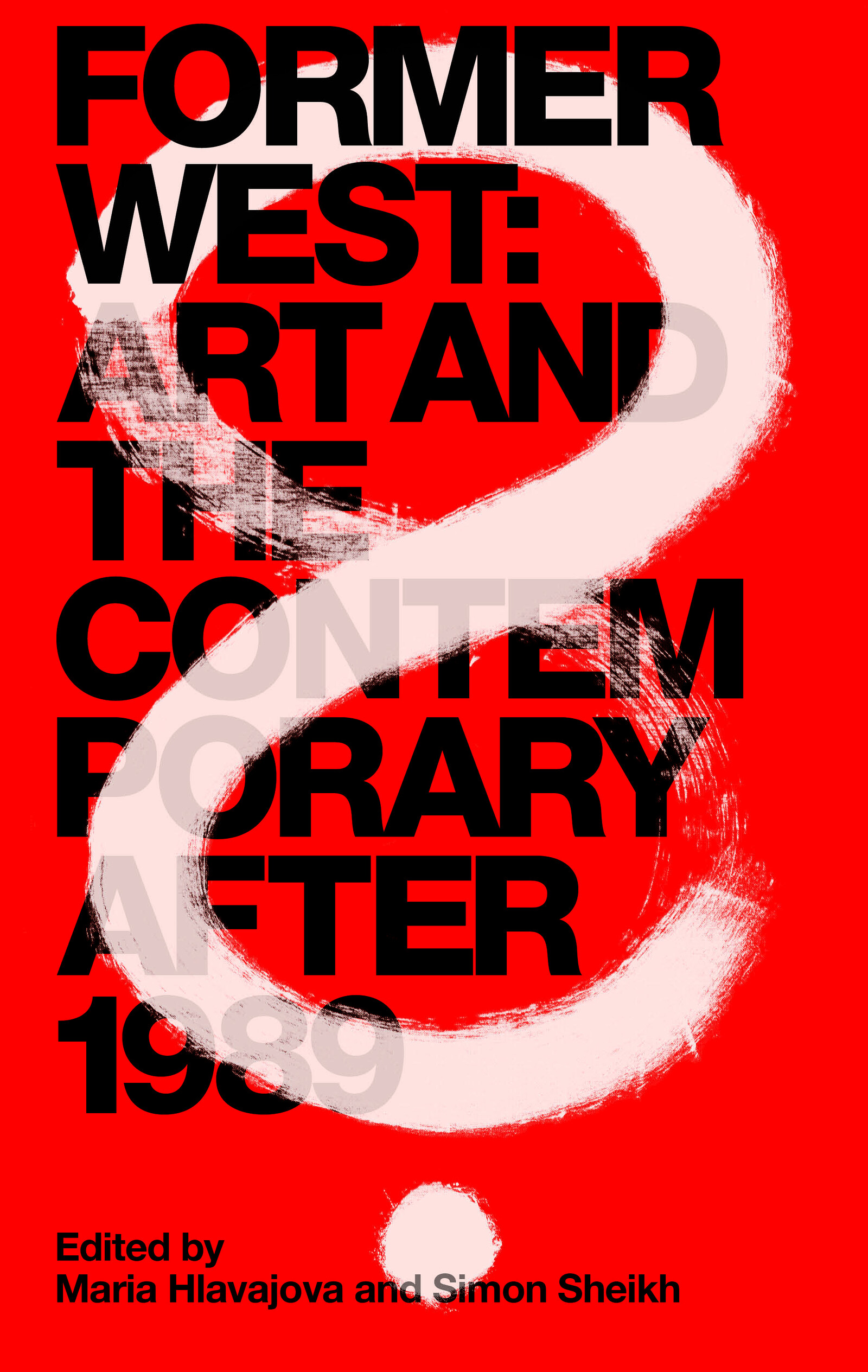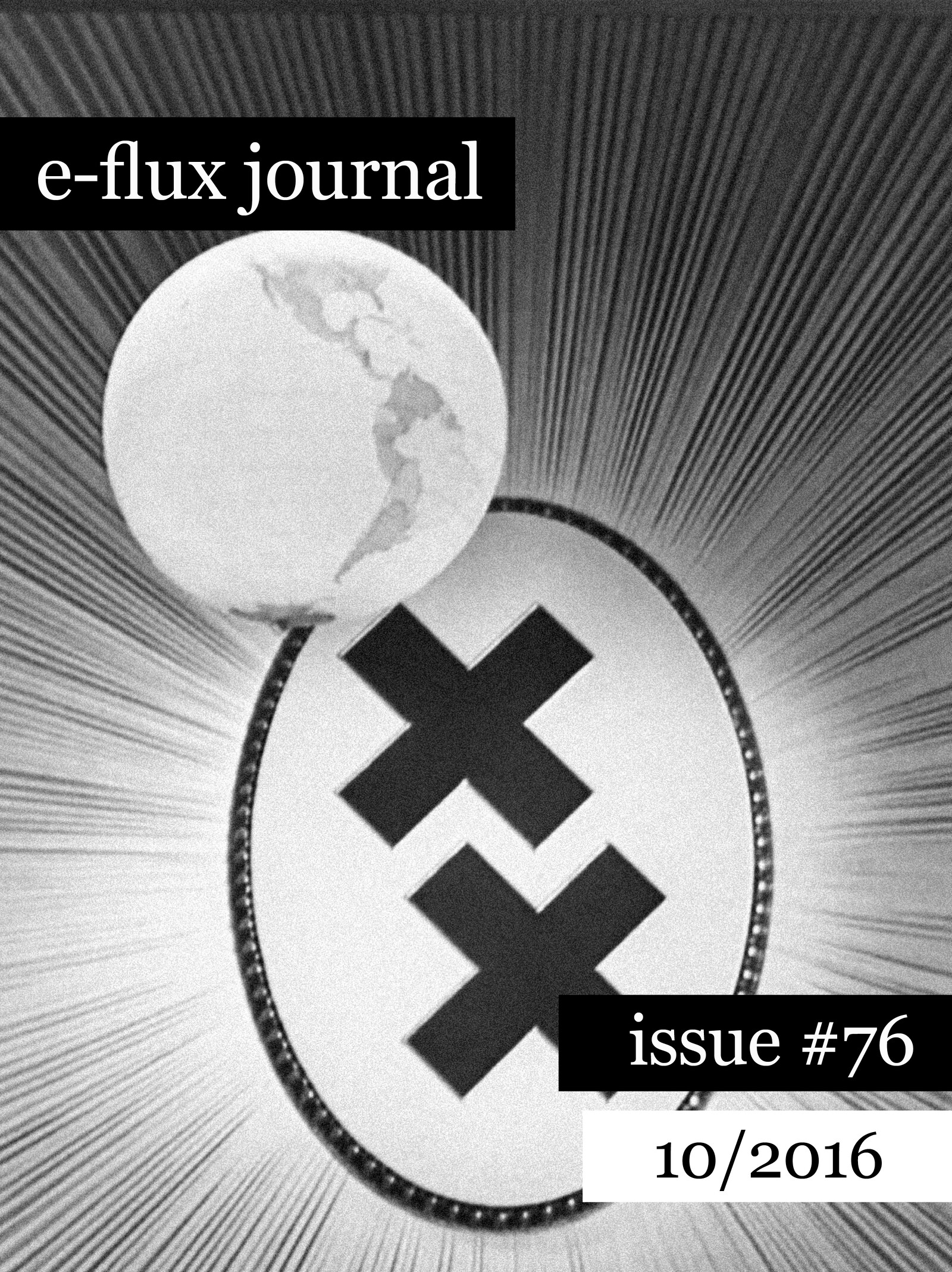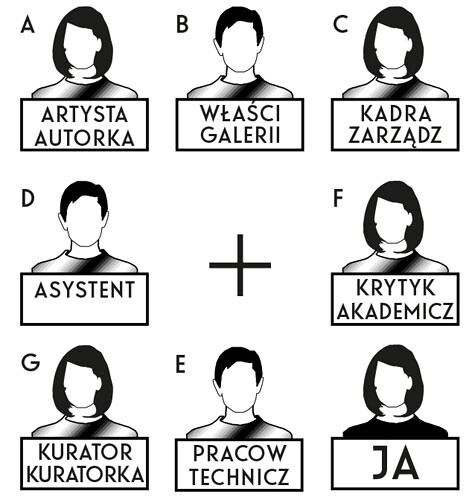Ewa Majewska Read Bio Collapse
Ewa Majewska is a feminist philosopher of culture. She works as an adjunct professor in the Department of Liberal Arts at the University of Warsaw, Poland. She was a visiting fellow in the Beatrice Bain Research Group at the University of California, Berkeley, and has also been a fellow at Örebro University (Sweden), IWM (Vienna), and ICI Berlin. She is the author of three monographs: Tramwaj zwany uznaniem (2016), Sztuka jako pozór? (2013), and Feminizm jako filozofia społeczna (2009). She has coedited four books on neoliberalism, politics, gender, and education, and has published articles and essays in Signs, Public Seminar, Nowa Krytyka, Praktyka Teoretyczna, Przegląd Filozoficzny, Przegląd Kulturoznawczy, Kultura Współczesna, Le Monde Diplomatique (PL), and multiple collected volumes. Her main focus is weak resistance, counterpublics, and critical affect studies.
The transformation of the public sphere by women who do not hesitate to show their affect, who speak with and/or without sense, who supported the man they love as long as they could and obeyed their father as far as they were socialized to do, amounts to another inclusion of women into a sphere where they do not belong. An audience might have had mixed feelings when looking at those twelve women performing Ophelia in quick succession, but one thing definitely became clear to every viewer: in those given conditions, we cannot win. Whether we are big or small, old or young, passive or aggressive, or both, we can’t win in a game whose rules have been written within a patriarchal script, one in which we don’t belong. There is only one thing to be done: we must turn the tables of the social staging of the public sphere, undermining its gendered, normative framework.






